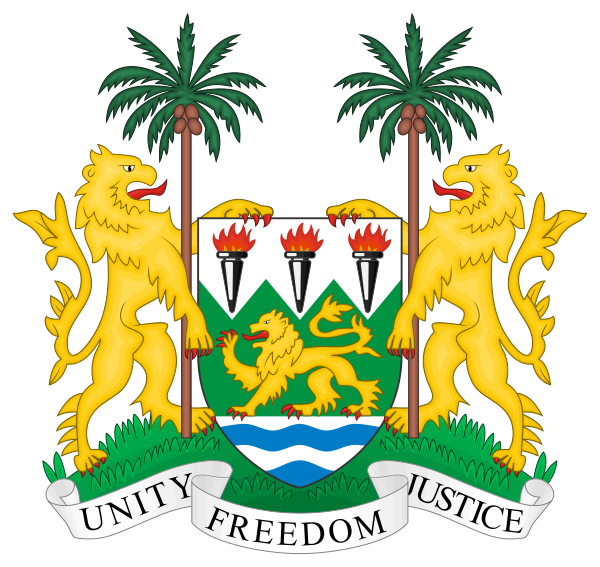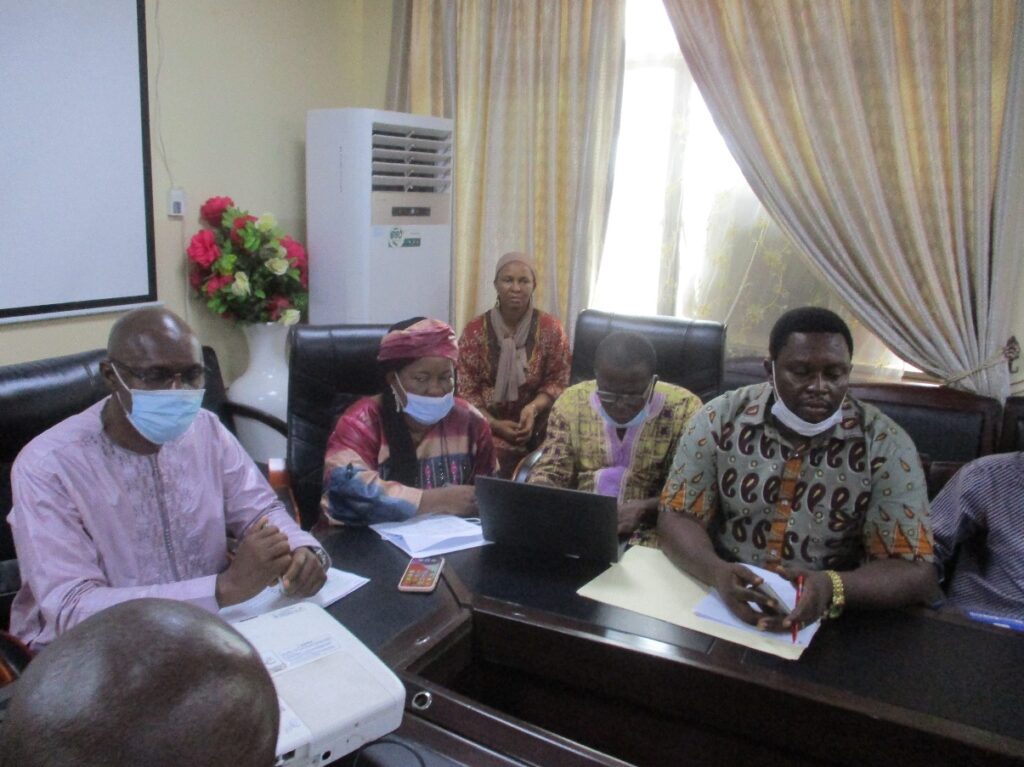
Proper handling of fish between capture and delivery to the consumer is a crucial element in assuring final product quality, standards of sanitation, method of handling and the time and temperature of holding fish are all significant quality factors in the fisheries sector’s Value Chain.
Conscious of the need to promote the afore-mentioned as one of the measures geared towards adding value to fish and fishery products, coupled with need to provide requisite skills and knowledge for its staff, the Ministry of Fisheries and Marine Resources, has organized a three-day Training Workshop on Fish Quality Inspection for Dock and At-Sea Observers, Competent Authority Inspectors and Enumerators at the Conference Hall of the Ministry, Youyi Building in Freetown.
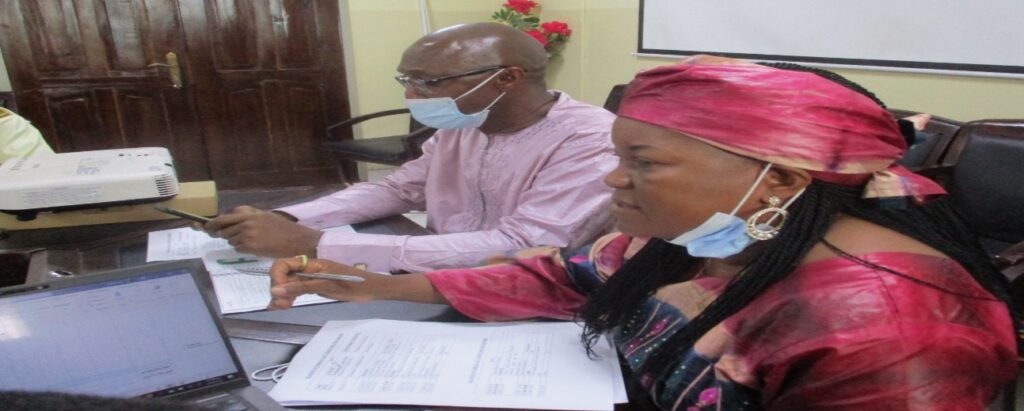
Declaring the programme open, the Deputy Minister of Fisheries and Marine Resources, Ibrahim Turay, described the training as “very key”, pointing out that it will provide the appropriate skills that would enable staff of the ministry, effectively address issues relating to quality and standards. He lamented that even though the country is endowed with lots of natural resources, especially fish, Sierra Leone can’t access European Union Markets as a result of restrictions that have to do with Quality Control among others.
He admonished Coastal Countries to put in place measures that would ensure quality assurance criteria are met in order to access the EU markets while intimating that that in an Effort to meet EU benchmarks, his ministry has among other initiatives, worked very hard to ensure that the Competent Authority, a unit responsible for inspecting and certifying fish and fishery products is brought back under the purview of his ministry. He said the ministry needs “Foot Soldiers” on the ground that would ensure quality inspection procedures are observed as well as imbibe the cultures of checking, writing and sending for management to take necessary actions.
He pledged his ministry’s continued support and entreated the participants to do the needful so as to ensure President Julius Maada Bio’s desire to promote sustainable management of the country’s fisheries resources is realized.
The Permanent Secretary, Elizabeth Ellie, described the programme as “unprecedented” and advised the trainees to be passionate about their work, adding that there are a lot of issues to be addressed in rescinding the “Yellow Card” raised by EU in relation to the country’s fish and fisheries products, sone of which she said are hygiene and sanitation.
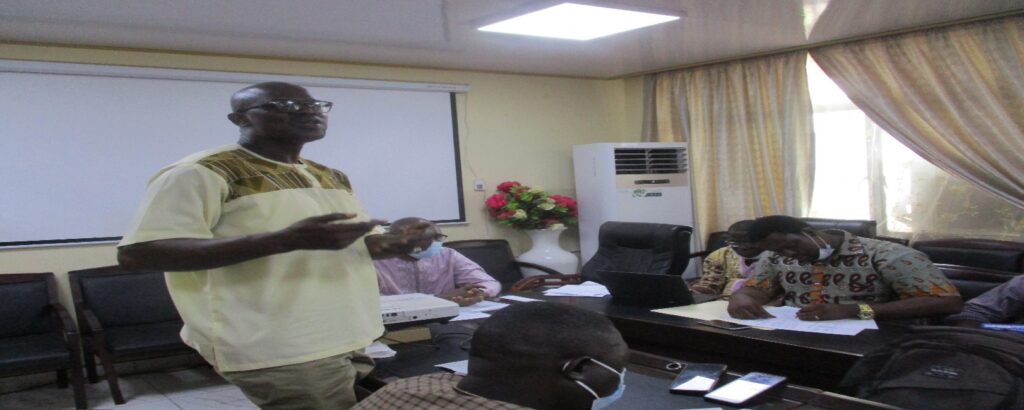
Acting Director of Fisheries, Josephus Mamie, said the essence of the workshop is to interact, acquire knowledge and better the quality situation of fish and fisheries products. He encouraged the participants to give their experiences, learn from others experiences and make sure the right thing is done in so far as improving the quality of fish and its environment is concerned. “This training is not just for you to acquire knowledge but for you to ensure that the required change is felt in your areas of responsibility, he challenged the trainees.
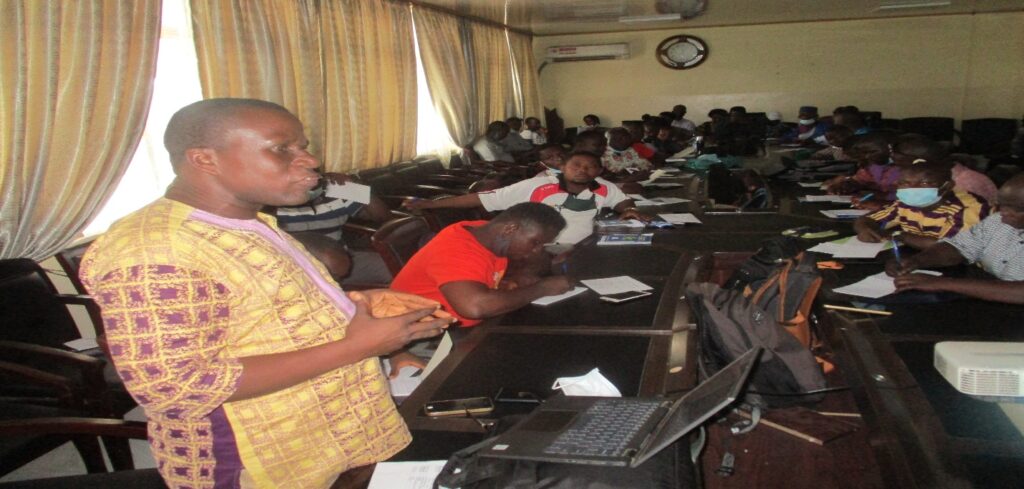
Assistant Director, Human Resource Management Office in the ministry, Moses Kamara who chaired the programme while welcoming participants to the ceremony, referred to fisheries as one of the renewable resources that countries rely on for food security, livelihood and economic growth. Efforts, he opined, need to be made to ensure that as the population in these countries grows, and demand for food and employment likewise grows, the benefit that fishery resources provide, are protected through sustainable management and value-addition. Improving quality and sanitation issues, he added is critical to improving marketing opportunities regionally as quality standards are becoming an important requirement for trading fish across borders.
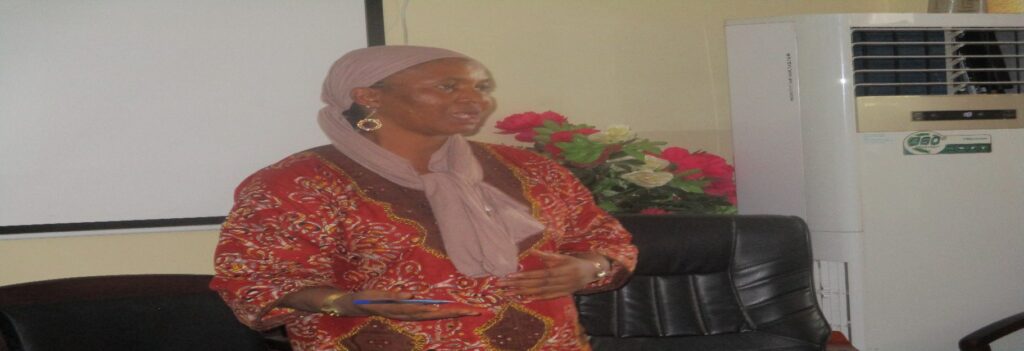
“Some consumers worry about their food before thy eat it. They look for quality and they are worried about what may have happened to the fish before they eat it. In the end, they have to trust the Fishermen, Processors and Traders”, he emphasized and thanked the Fish Quality Unit of the ministry for organizing the programme. He urged participants to take the training seriously as it will take them through their career progression and provide quality fish inspect
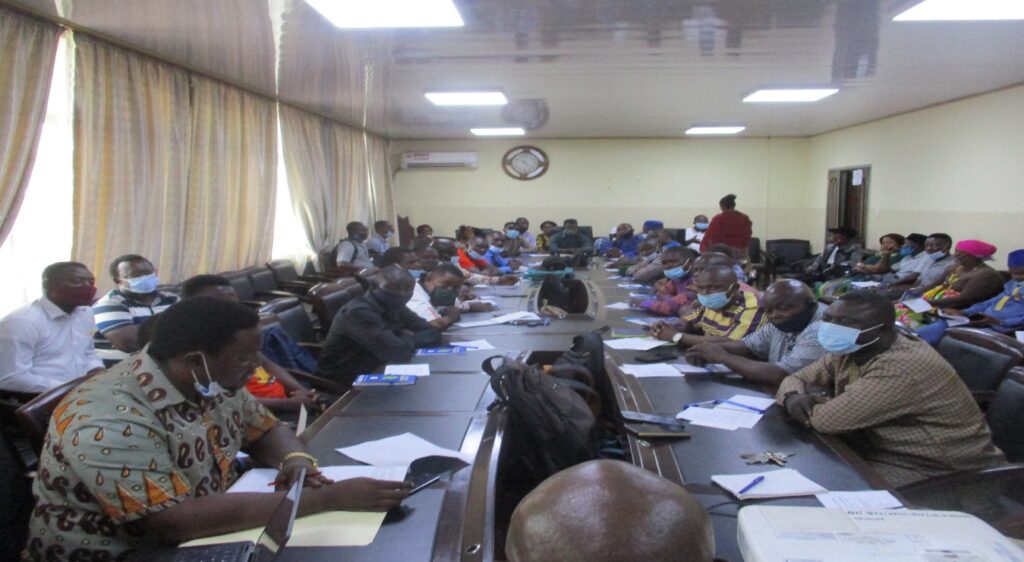
Topics covered during the three-day workshop, included, Fish Handling and Post –Harvest Loss, presented by Sheku Sei, Head of Competent Authority, Inspection at the Landing Sites, Victor Kargbo, Head of Artisanal Fisheries, Data Requisition in Fish Quality Management, Lahai Sesay, Head of Statistics and Basic Record Keeping, Moses Kamara, Assistant Director, HRMO.

Glowing tributes were also paid by some members of staff to one of the ministry’s most industrious Field Workers, Late Ibrahim Bengeh who recently passed away.

